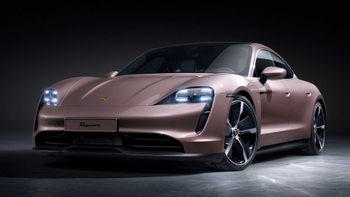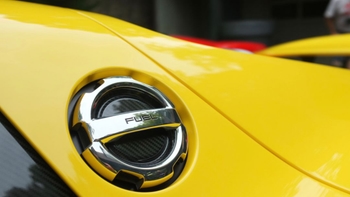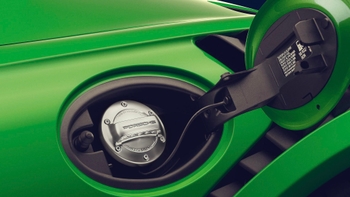
In an effort to prolong the life of conventional internal combustion engines under ever-more restricted regulations, Porsche has been investing in the development of new synthetic fuels that could allow the use of today’s gasoline-powered sports cars and SUVs long into the future.
Actually, when factoring in an electric car’s “wheel-to-well” emissions, which calculates the environmental impact from materials production of the battery, electric motor(s), drive system, and more, plus the environmental cost of electricity production (whether from hydro, coal, nuclear, wind, solar, tidal, or other), and the eventual recycling and disposal of said EV, a combustion engine vehicle using synthetic fuel could end up being just as friendly to the environment as one purely powered by a battery.
New eFuels may allow your classic 911 to meet future emissions standards. Synthetic eFuels could reduce the emissions of conventional engines by 85 percent.
The process of producing eFuels includes the extraction of hydrogen from renewable energy, plus capturing it in liquid form via carbon dioxide. As you might expect, eFuels emit fewer particulates and less nitrogen oxide than today’s pump gasoline, because they’re composed of only eight to 10 elements, whereas oil-based fuels contain 30 to 40 ingredients, much of which is burned and then released into the atmosphere as air pollution.
Investing in eFuels won’t take Porsche’s focus off of EVs like the new Taycan, but conventionally-powered engines will continue into the foreseeable future, making renewable synthetic fuels viable. Combined, the two technologies form part of a multi-pronged approach that Porsche is employing for brand-wide emissions reductions.
The first application of Porsche’s eFuels will be in motorsports, as is often the case with the performance-oriented brand, plus these advanced fuels will also be employed at Porsche Experience Centres, says Evo, with initial trials starting next year.



